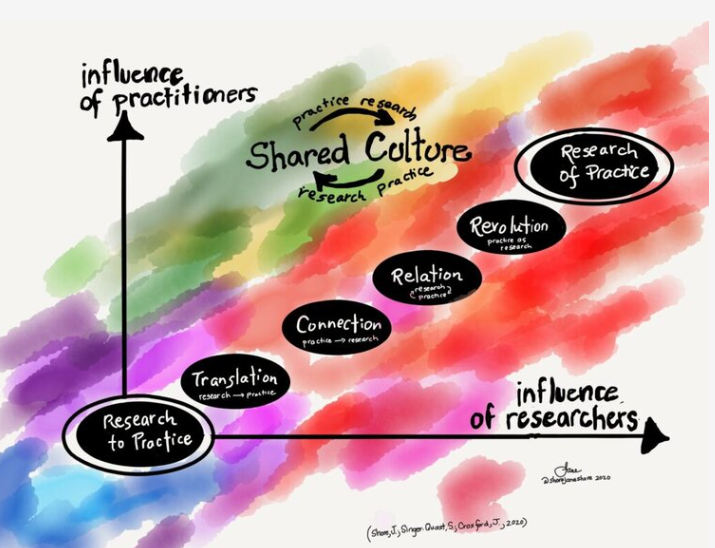Let’s Evaluate
The focus for May 2022 is: Evaluate success: Real-world research
We will explore how researchers can:
Learn about approaches used in program and project evaluation?
Look at qualitative and quantitative methods for evaluation?
Develop relationships with gatekeepers or community partners?
On one hand, this theme builds on the April exploration of research outside of academia. Often research by practitioners or about practice have an evaluative component. What are the needs? Do the approaches proposed or used fit the needs? Were efforts taken successful at meeting the needs? Were goals and objectives met? Did it work?
On the other hand, evaluation is not limited to studies of practice. Researchers often need to evaluate their own programs and projects in response to funding or grantor requirements. Peer reviewers evaluate others’ work. Those who teach are familiar with the need to evaluate student progress, or to evaluate the curriculum. In any case, evaluation has a practical side. It is not a stretch to say that any researcher will benefit from acquiring basic skills in evaluation.
Featured SAGE authors
This month we have two sets of co-authors who will serve as our Mentors in Residence. Follow Methodspace for original posts, video interviews, and open-access resources on a range of topics related to evaluation.
Michael Quinn Patton and Charmagne Campbell-Patton co-authored the fifth edition of the text Utilization-Focused Evaluation.
The Fifth Edition of the bestselling Utilization-Focused Evaluation provides expert, detailed advice on conducting evaluations that promote effective use of the findings. Chock full of useful pedagogy, this book presents Michael Quinn Patton's distinctive opinions based on more than forty years of experience, and also the expertise of new co-author Charmagne E. Campbell-Patton. The authors begin by describing the essence of utilization-focused evaluation, and then outline 10 operating principles. They conclude with chapters focused on how evaluation can be used to promote a more thoughtful, equitable, and sustainable world. Richly illustrated with examples, figures, and cartoons, this engaging text shows readers how to design and conduct evaluations that provide useful findings, and which contribute to a more equitable society.
Gail Vallance Barrington, Beverly Triana-Tremain co-authored Evaluation Time: A Practical Guide for Evaluation.
This book is an accessible, contemporary, and comprehensive guide to the concepts and practice of evaluation. Authors Gail Vallance Barrington and Beverly Triana-Tremain integrate new approaches and concerns, and classic frameworks with practical tools that readers can use to design evaluation studies. They show how evaluators measure whether the planned and implemented interventions or services are achieving their goals and objectives, while focusing on the questions most important to the community and organizations in which the evaluation takes place. The book stresses the role of critical and evaluative thinking and self-reflection, and demonstrates the importance of context and equity in today’s turbulent environment, offering a new stance for evaluators to support global as well as local issues.
For a discount when ordering from SAGE Publishing, use this code: MSPACEQ222.




















Tips on grading and marking to make it relevant and useful for students’ future research.